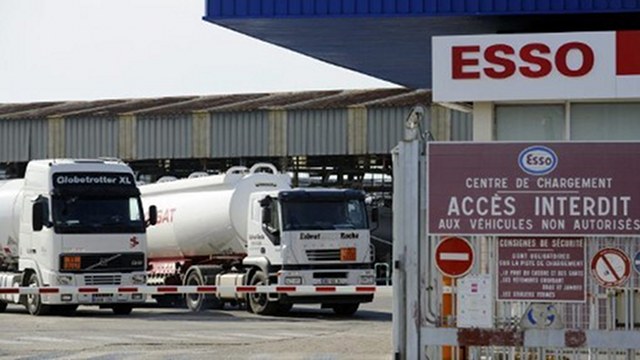SUMMARY
This is AI generated summarization, which may have errors. For context, always refer to the full article.

MANILA, Philippines – The Philippines’ biggest oil refiner and retailer is shelling out more money to fuel the expansion of its operations in Malaysia.
Petron Corporation, through its unit Petron Malaysia Refining and Marketing Bhd, is earmarking $2 billion in the next 10 years to further strengthen its brand and image in Malaysia, said Petron Corp. Chairman and CEO Ramon Ang over the weekend.
Ang said the company is not hesitating to inject money in the country because of its guaranteed return of investment mechanism.
Petron Malaysia’s unit gained presence in the country in 2012, after taking over Esso Malaysia Berhad, a publicly traded company controlled by Exxon Mobil. It also acquired two more subsidiaries, wholly-owned Exxon Mobil Malaysia and Exxon Mobil Borneo.
By November 2012, the company had begun converting Esso and Mobil service stations to the Petron brand. Out of the 560 stations it aims to rebrand over the next few years, almost 200 are already functional.
In Malaysia, where there is high vehicle ownership, one service station of the company is equivalent to 2-3 stations in Manila, Ang noted.
Local expansion
Petron’s local expansion plans have also been on track.
The $2-billion Refinery Masterplan Phase 2 (RMP-2) will be completed by end-2014. The project involves the upgrade of the oil company’s 180,000-barrel-per-day Bataan refinery.
“Once it is finished, Petron will produce the best gasoline quality. That refinery will rake in profits,” Ang said.
Once RMP-2 starts operating, Petron will be the only oil firm in the Philippines that has the capacity to produce fuels compliant with the Euro 4 standard.
Euro 4 is a globally-accepted European emission standard for vehicles. Its fuel quality and requirements involve significantly low amounts of sulfur (0.005% or 50 parts per million) and benzene (maximum of 1% by volume).
The phase 2 of the oil firm’s cogeneration power plant is also 80% complete, the company reported. Phase 1 started operating this May.
The power plant, expected to cost P21 billion, is set to initially use coal as fuel and then switch to petroleum coke once the Limay refinery begins producing petroleum coke in 2014. – Rappler.com
Add a comment
How does this make you feel?
There are no comments yet. Add your comment to start the conversation.